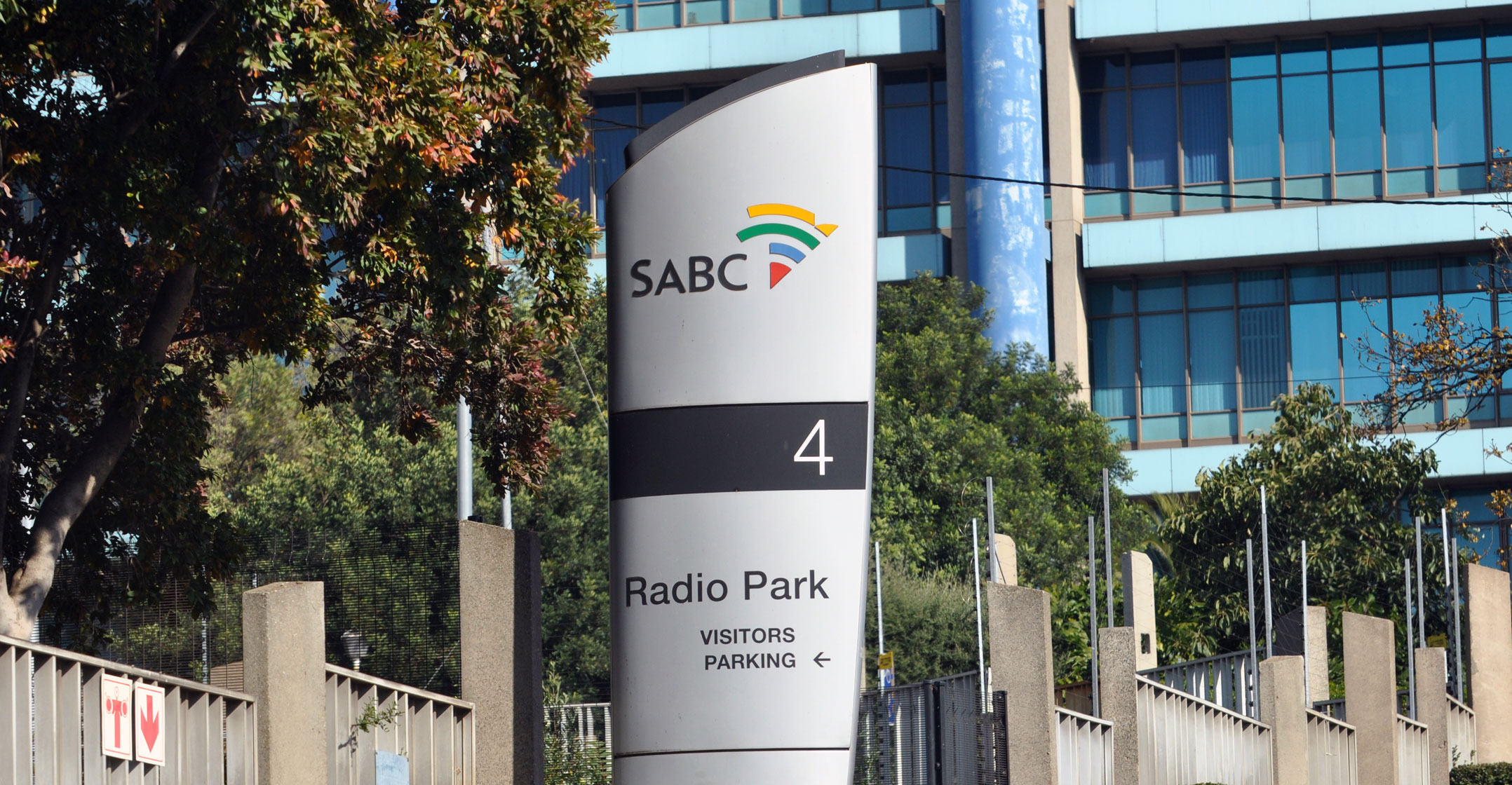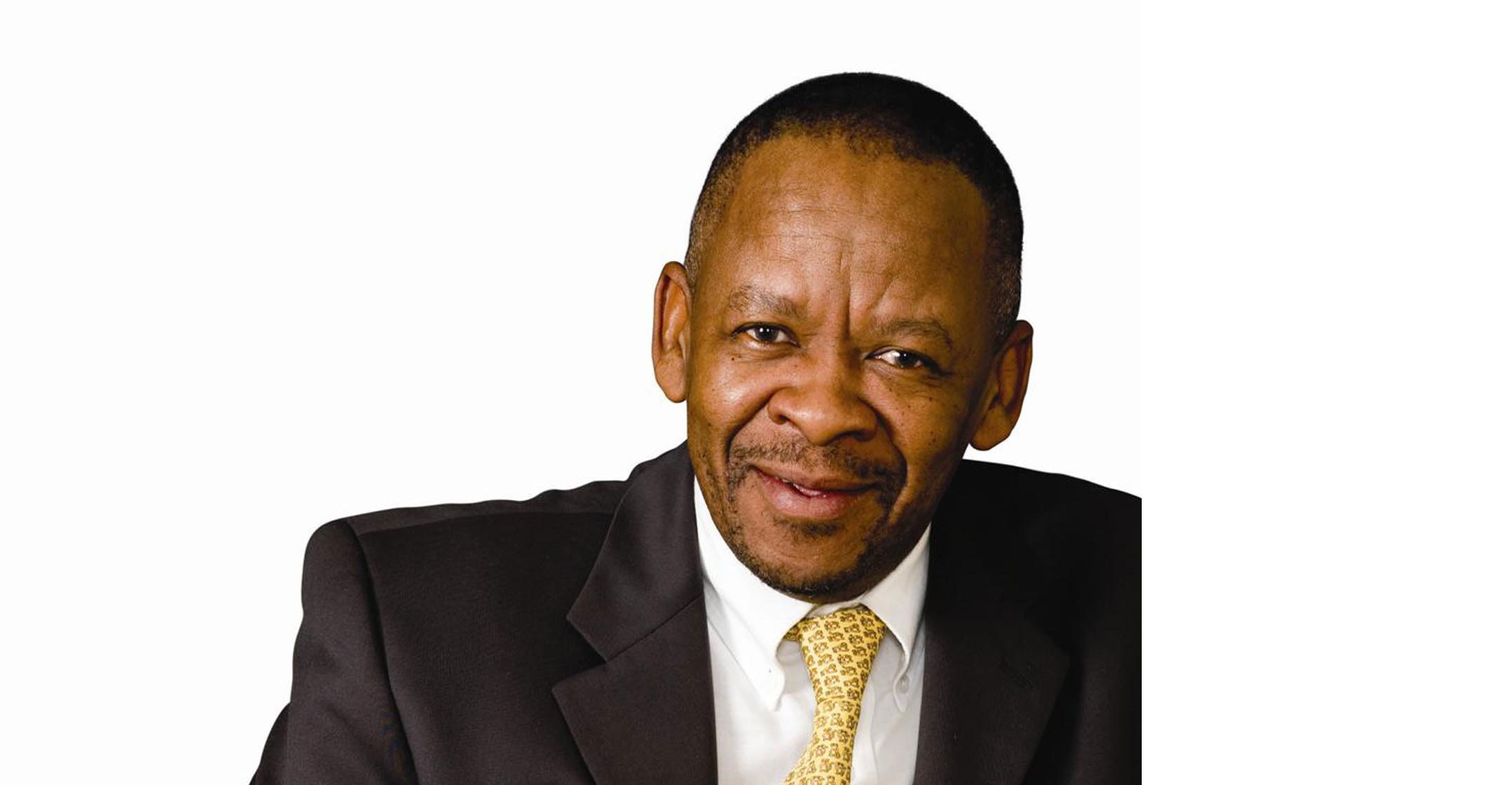
MultiChoice on Thursday proclaimed its innocence over its hardball negotiations with the SABC for the supply of two channels to DStv, its pay-television platform. It denied there was anything illegal or improper about its 6 June 2013 meeting with the public broadcaster. But at the very least, the pay-television provider waded across an ethical line. Its aggressive response this week was wrong-headed.
The Naspers-owned company made headlines this week after Democratic Alliance MP Phumzile Van Damme published the minutes of a meeting (PDF) between executives of the two broadcasters, which took place at SABC headquarters in Auckland Park on 6 June 2013 to hammer out the details of the channel supply agreement.
The minutes show that former MultiChoice South Africa CEO Imtiaz Patel (since promoted to CEO of Naspers’s video entertainment unit), and Nolo Letele, chairman of MultiChoice South Africa, made it patently clear to SABC bosses – those present included former CEO Lulama Mokhobo, former chairwoman Ellen Tshabalala and former chief operating officer Hlaudi Motsoeneng – that the channel supply deal would not go ahead if the SABC refused to agree to a clause that it would not carry its free-to-air channels on any terrestrial digital platform that used encryption.
At the time, MultiChoice and rival e.tv were engaged in a rancorous battle over encryption, a dispute that has still not ended. It became so ugly at one point that MultiChoice took out full-page advertisements in Sunday newspapers to attack former communications minister Yunus Carrim, who had tried (unsuccessfully) to find a middle-ground solution to the mess. Whatever MultiChoice executives thought of Carrim (not much, it seems), attacking him in such a public way was boorish behaviour. One wonders if the ads were sanctioned by Koos Bekker, Naspers’s CEO at the time.
E.tv wanted encryption, saying it was necessary to secure better programming from international content providers. In my opinion, that argument was flawed. Andrew Fraser, who worked for Sony for many years and who has become something of an expert on South Africa’s digital migration programme, explained why e.tv was wrong in a podcast I recorded with him this week. It’s well worth a listen.
MultiChoice, on the other hand, was strongly opposed to encryption, arguing that including “conditional access” (a method of controlling set-top boxes, which is typically employed by pay-TV operators) in the five million boxes that would be subsidised by government for poorer households, would allow prospective competitors an unfair entry into the market. Executives of the DStv parent also argued – correctly, in my view (though many disagree) – that encryption was not in the best interests of consumers or the country and ran counter to international best practice.
‘Condition precedent’
Fast-forward to this week’s publication of the minutes of the SABC/MultiChoice meeting. In the meeting, Letele and Patel exerted enormous pressure on the SABC to include the clause that would prevent the SABC from carrying its channels on encrypted terrestrial platforms. They made it clear that without it, the deal would not happen. Mokhobo and former SABC board member Vusi Mavuso pushed back, saying they’d have to consult with government, while Tshabalala and Motsoeneng (who both left the SABC under a cloud) appeared to be in favour of the clause (or at least not opposed to it). It later emerged that Motsoeneng would earn a multimillion-rand bonus to secure the MultiChoice deal, now being disputed.
MultiChoice’s Letele on Thursday said in a statement that the leaked minutes showed “nothing illegal or improper”. It might not have been illegal. But not improper?

First, let me deal with the fact that Letele may have been economical with the truth in an interview he did with me and with other journalists (separately) in April 2015 at MultiChoice’s head office in Randburg, Johannesburg.
Letele told me that the SABC deal was not contingent on the public broadcaster agreeing not to carry its free-to-air channels on encrypted terrestrial platforms. (MultiChoice was under intense scrutiny at the time over the encryption clause.)
Yet the minutes of the June 2013 meeting between the broadcasters contradict this claim. Letele and Patel in that meeting made it quite clear that the deal would not happen without the clause included. Letele told the SABC executives that the clause was a “condition precedent”, meaning it was a requirement of the five-year deal, which was worth more than R550m to the SABC.
Yet, in TechCentral’s interview with Letele in 2015, he insisted that the non-encryption clause was “always” at the SABC’s “discretion” and “would not have scuppered the deal”. This week, Letele, through MultiChoice spokesman Jackie Rakitla, strongly denied that he lied to me (and other journalists).
“This was part of a sales pitch and negotiating tactic, as is usual in negotiations,” Letele said. It was always MultiChoice’s “intention to do a deal with the SABC, as the public broadcaster, and we would have done so, irrespective of what the response was to our request for that specific clause to be inserted”.
Even if one accepts Letele’s explanation, and I’m prepared to do so, the fact remains that MultiChoice exerted immense pressure on the SABC, which was financially distressed and needed the money, to include a clause that could have put the public broadcaster at odds with its shareholder, the government, which did not have a firm view on encryption at the time. Dina Pule had signalled at the time that she would reverse her previous position in support of encryption, but she was soon fired (after being caught up in a corruption scandal) and replaced by Carrim, who was clearly not prepared to side with MultiChoice in the encryption dispute. Instead, he tried to craft a middle path – unsuccessfully so.
Crossed a line
MultiChoice wanted to use the channel supply agreement with the SABC to try to gain an advantage in its ugly dispute with e.tv. Whatever the merits of MultiChoice’s arguments on encryption (and, again, I believe it’s technical arguments were, and still are, correct), it crossed an ethical line. You don’t (ab)use a commercial contract to try to influence government policy. What were they thinking?
On Wednesday, in a radio interview with Moneyweb editor Ryk van Niekerk (transcript here), Naspers CEO Bob van Dijk, who replaced Bekker in 2014, made it clear he expected the MultiChoice board, not Naspers, to deal with the unfolding scandal. It was a disappointing response by Van Dijk.
Though Naspers is taking the issue “seriously”, he said the group needs to respect the autonomy of its operating subsidiaries. The problem is, the situation not only risks harming MultiChoice reputationally, but Naspers, too.
And while Van Dijk said he expects the MultiChoice board to deal with the issue, and referred Van Niekerk’s questions to the pay-TV operator’s board, the fact is he is also director of MultiChoice. It was a weak attempt at deflection, I thought, and a failure to answer to governance issues at a major subsidiary where he has direct oversight.
With a possible parliamentary probe into MultiChoice’s deal with the SABC on the cards, Naspers and its subsidiary would probably be well advised to proceed with a little more humility than they have to date. Public opinion is not in their favour. — (c) 2017 NewsCentral Media
- Duncan McLeod is editor of TechCentral

